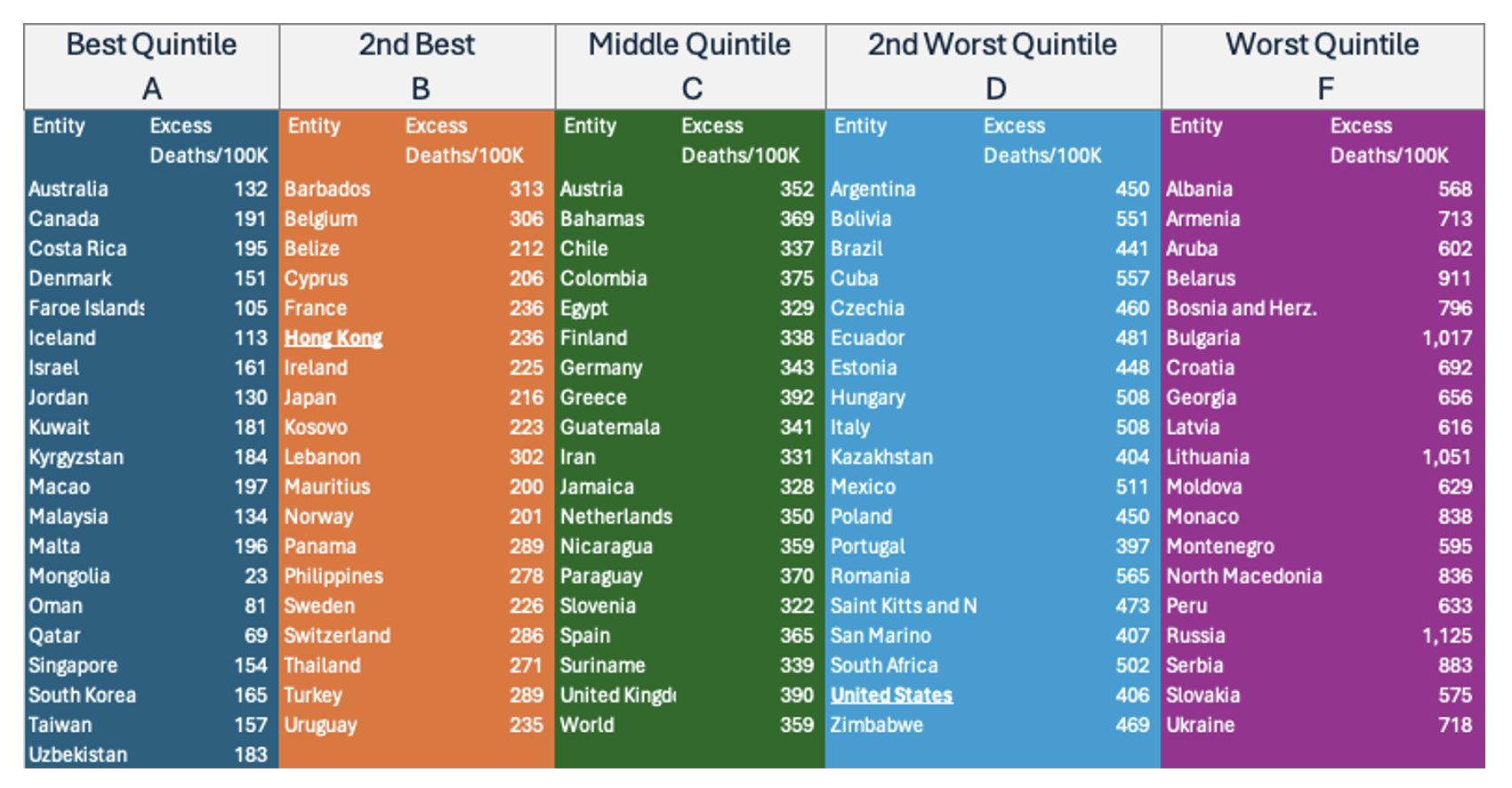China’s Development Expertise is Essential for Belt and Road Success
For ten years, Belt and Road Initiative (BRI) loans have supported the bricks and mortar of roads, power, and ports in plans requested by China’s partners. Investing in visible infrastructure wins hearts and minds with daily reminders of help received from China. Finance, though necessary, is not sufficient to create sustainable development unless accompanied by strong social institutions. Infrastructure projects with or without international financing sometimes lack sufficient consultation and engagement with affected communities. Without this connection there can be insufficient spreading of the economic benefits. An exclusive infrastructure focus also undermines sustainability as local knowledge and needs are often overlooked.
China’s plan to invest 780 billion yuan worth of investment in BRI by 2028 shows that its aspiration for global leadership will not lack finance. There is urgency to organize China’s latent expertise into a cadre of knowledge brokers in the science of development to complement its willingness to finance foreign infrastructure loans. Combining money with thoughtful, experience-proven strategies will help Belt and Road nations achieve their full potential to create opportunities and eliminate poverty.
Development assistance as practiced in the West informs capital investments with deliberate evaluation performed by a cadre of scholars and professionals staffing aid agencies, universities, and development banks. Success requires investing in human capital to support social infrastructure that grows economies and expands human thriving. It is the combination of both stronger institutions and access to capital that creates real development. Ironically, when the Western experts spotlight models of development they look to Asia. Generations have studied and taught the models of Hong Kong, South Korea, Singapore, Taiwan, Japan, Vietnam, Thailand, and China.
It is time that Asia takes credit for its well-earned expertise in sustainable development thought leadership without any Western repackaging. A future version of Belt and Road Initiative would combine strategic capital investments with access to thought leaders in the craft of co-creating strong social institutions. A 21st century Asia-based cadre of development professionals would build on Asia’s own experience in meritocracy to plan for development tuned to local contexts. Asia’s professional cadre of development experts is under construction, but needs more support.
Hong Kong’s unique experience as the historical recipient of the ministrations of Colonial era development professionals gives it an insider’s edge. Hong Kong’s rise as an icon of sustained development relied on a combination of both capital and social norms that took root by education, laws, and international openness. Hong Kong continues to navigate a path to transcend the history of extractive institutions built by former colonists to become a society where all can prosper.
Examples of emerging leadership in the science of economic development abound in Hong Kong. Chinese University of Hong Kong will host an Asian network for health system strengthening on its campus in December 2023. University of Hong Kong (HKU) is home to programs like the Asia Global Institute that brings distinguished fellows to Hong Kong to understand global issues from an Asian perspective. HKU offers bachelor’s degrees in Global Health and Development, and masters degrees in Sustainable Leadership and Governance, and International Development. Young people from Hong Kong are poised for leadership and careers in development.
Hong Kong’s programmes complement programmes in Mainland China like the Institute of South-South Cooperation and Development, at Peking University and the Silk Road Think Tank Association which support China’s community of development professionals. Hopefully, the leaders who for now mainly focus on finance for infrastructure will make more use of growing expertise that goes beyond banking as Asia becomes more reflective about the best things it has learned from its own history of development.
David Bishai, is Clinical Professor and Director University of Hong Kong School of Public Health


Comments
Post a Comment